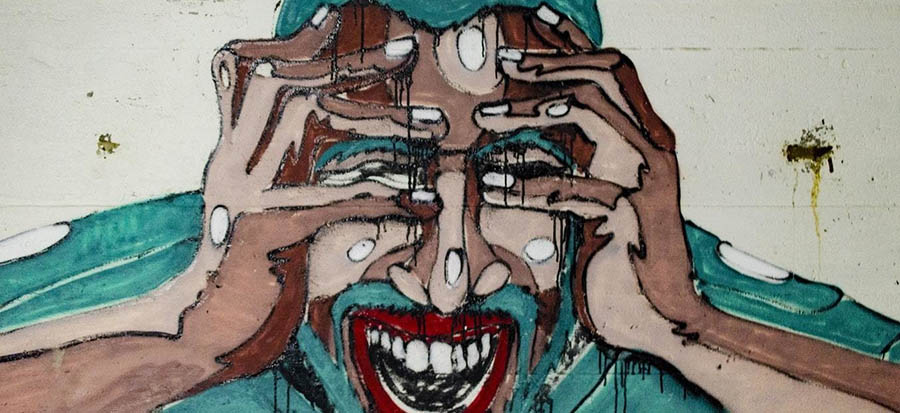Wrestling With Frustration: How to Cope When You're Disappointed in Yourself
There’s a unique kind of ache that surfaces when the person you’ve let down… is you. While many of us fear disappointing loved ones, bosses, or friends, there's a deeper discomfort that comes from falling short of your own expectations.
It hits differently. It stirs a strange mix of regret, self-doubt, and even shame—like standing on the edge of a high dive and realizing too late you don't want to jump, or tasting that old sushi you knew you should’ve tossed.
A Complete Guide to Social Wellness and Healthy Relationships
Humans are inherently social beings. We’re wired for connection, for shared experiences, for a sense of belonging. You could be following a near-perfect health regimen—clean eating, enough sleep, regular workouts—and still feel like something’s missing. That “something” is often social wellness. As our population ages and conversations around mental health become more mainstream, there's been growing awareness of the critical role social health plays in our lives. Studies have consistently shown that maintaining strong social wellness contributes to both our physical and emotional resilience.
The Most Powerful Tips to Reduce Stress Quickly
From life's little frustrations to the heavy burdens of major upheavals, stress is something that shows up in everyone's life. You might not have control over every situation that throws you off balance, but you can decide how to react. That part is in your hands.
Whether it's an unexpected deadline, a traffic jam, or a more serious life event, stress has a way of creeping into your mind and body.When it lingers or becomes overwhelming, it begins to wear you down emotionally, physically, and mentally. That’s exactly why building a toolkit of dependable stress-relief strategies is essential—not just for survival, but for well-being.
Balance Your Life: The 7 Wellness Dimensions That Matter Most
Wellness is often misunderstood as a concept that’s all about physical health—working out, eating well, and maybe doing a bit of yoga when life gets hectic. But in reality, true wellness runs deeper and spreads wider than what we see on the surface. It’s not a single decision or a one-size-fits-all routine. Wellness is a multidimensional pursuit—a full-spectrum lifestyle approach that balances your mind, body, heart, and spirit.
What Causes Addiction and How to Treat It Effectively
Addiction is not just a lapse in willpower or a streak of poor decisions—it’s a deeply rooted and multifaceted disease that affects how the brain works. Over the last hundred years, scientific exploration has radically shifted our understanding of addiction. It’s no longer seen as a simple failure of morality or discipline, but as a chronic brain condition that alters neural pathways and distorts decision-making, reward, and behavior.




